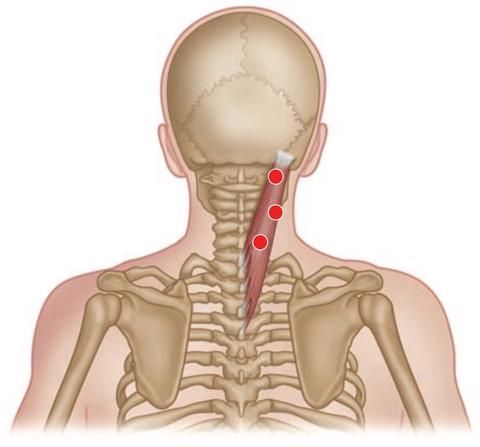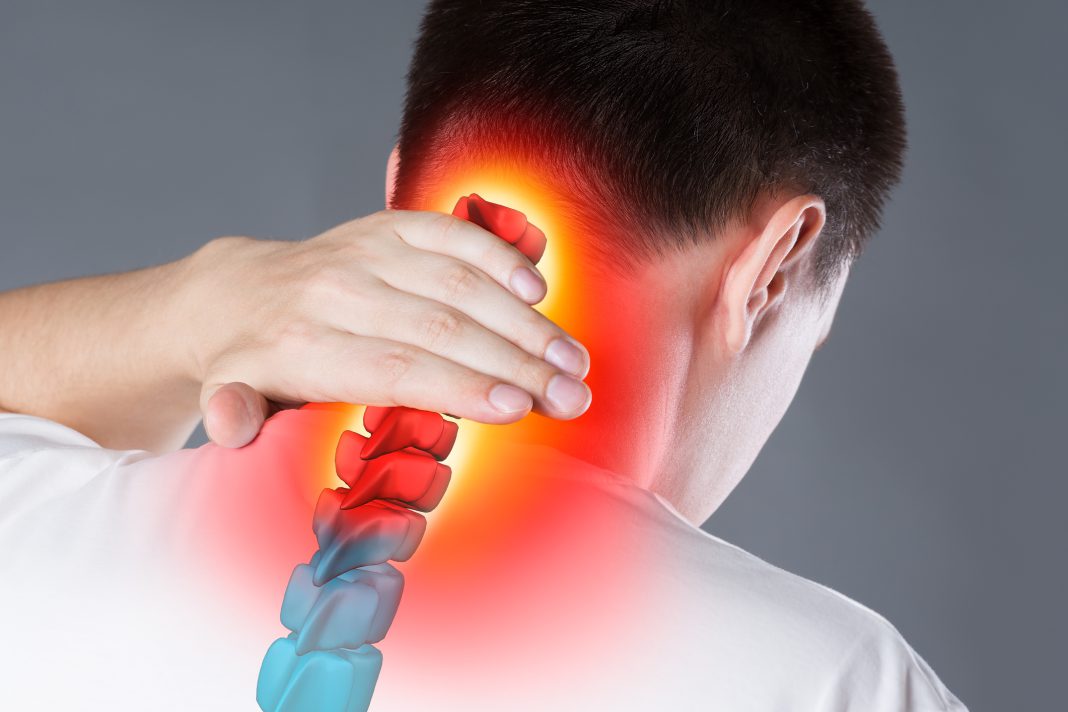okikiko.com – What are the symptoms of a Neck Muscle Strain? Neck strains are soft tissue injuries, such as tears in a muscle, that result in pain and inflammation. These injuries are often treated with band-aids, which fall off as a result of the inflammation. But the resulting scar tissue may stick to surrounding muscles, fascia, nerves, or other soft tissue. This can lead to further damage. So how do you tell if you’ve suffered a neck muscle strain?
It is important to seek medical attention as soon as you see a problem

The symptoms of a neck muscle strain can vary, from a dull ache to a sharp throbbing pain. They usually occur in the back of the neck, but can also affect the surrounding area, such as the upper back of the head. They may be felt while sleeping, but are more likely to be deep in the muscle. Symptoms vary depending on the location of the strain, so it’s essential to seek medical attention as soon as you notice a problem.
Treatment for a neck muscle strain varies from person to person. In severe cases, a doctor may use magnetic resonance imaging to look for broken bones or torn tendons. Treatment for a neck muscle strain depends on its grade. Grade I and II muscle tears should be treated with ice packs and physical therapy to help strengthen the torn muscle fibers. Some people also find relief from a heat wrap on their neck.
Neck muscle tension can be a sign of complex soft tissue disease or injury

Changing habits or posture can help relieve a neck muscle strain. However, if the pain persists or if it’s associated with a complication such as whiplash, you should seek medical advice. In addition, neck muscle strain can be a sign of disease or complex soft tissue injuries. Often, the vertebrae in the neck degrade over time due to excessive use and overstretching.
Symptoms of a neck muscle strain can range from a minor crick in the neck to severe headache pain. The most common treatment for neck muscle strain is to rest the neck and correct bad posture. Exercises and posture correction can help alleviate this pain. In severe cases, a doctor may also prescribe injections to correct the cause of the strain. However, the pain may persist for a week or longer and require physical therapy.
Exercises that target neck muscle contraction are very effective in reducing chronic neck pain

The symptoms of a neck muscle strain are largely determined by the type of activity. Exercises involving stretching, strengthening, and stabilizing the neck muscles can help reduce the pain and discomfort of a chronic condition. Moreover, exercises targeting neck muscle contraction are highly effective in alleviating chronic neck pain. If you are suffering from a neck muscle strain and want to recover from a recent car accident, try these exercises. They may help you find relief from chronic neck pain.
A neck muscle strain is a result of repeated activities or a sudden impact. Some causes of a neck muscle strain include repetitive activities, emotional stress, and improper posture. You may also suffer a stiff neck after sleeping in an uncomfortable position. Avoid sleeping on your back or in a high pillow, and make sure your neck is properly supported when you are sleeping. If you sleep on an airplane, train, or car, you may also have suffered a neck muscle strain.
Many people experience neck muscle strains as a result of poor posture. People who spend most of their time in an improper sitting posture may cause the neck to become stiff, and the muscles and supporting soft tissues are strained. Even lifting something too heavy could result in a cervical spine injury. So, if you’re having neck pain, take steps to avoid these common situations and avoid them. And don’t forget to consult a chiropractor if needed!
Muscle relaxants are often prescribed if severe cases

In addition to prescription medications, patients should perform a variety of home-based exercises. Exercises to stretch and massage the neck muscles may help alleviate some of the pain and swelling. For severe cases, you may require prescription medications. For instance, muscle relaxants are often prescribed. They may not be effective, but they do provide short-term pain relief. For some patients, they may even feel better after the pain has gone away.
While many people aren’t aware of it, a neck muscle strain is painful and can make movement of the neck difficult. The pain in the neck can radiate down the arm or leg, or it may even come with pins and needles. You may also feel numbness or tingling. You may even experience some weakness. In addition to pain, your neck strain may also accompany a headache, usually a dull ache.


